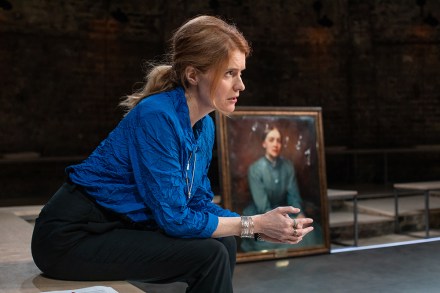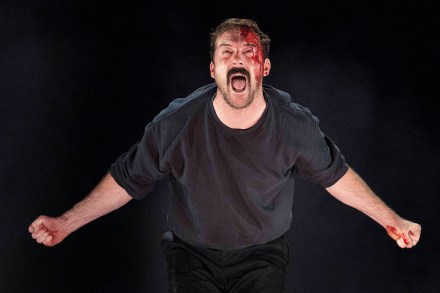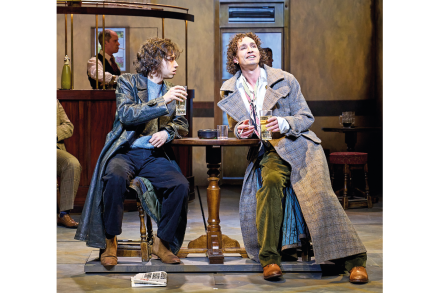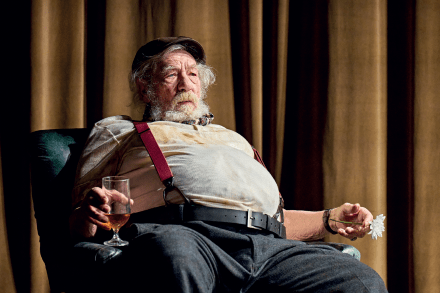This Edinburgh Fringe comedian is headed for stardom
Dr Phil Hammond is a hilarious and wildly successful comedian whose career is built on the ruins of the NHS. His act has spawned a host of imitators on the stand up-circuit and they share Dr Phil’s confused adoration for the NHS. All of them love the idea of universal healthcare but they dislike the messy practical details. And they’re convinced that extra cash will save the system. The evidence suggests otherwise; handing more money to the NHS is like giving a gambling addict the keys to a bullion van. The gallows humour is delightful if you’re not stuck in an NHS queue Dr Phil claims that he would gladly




















